– The clash of weapons echoes once again in Syria, and the so-called rebels are advancing rapidly. What news are you receiving from home?
– I just spoke on the phone with the bishops of Aleppo and Homs. Both expressed concern and confirmed that Hama has fallen. People are already fleeing from Homs. The situation is calm in Aleppo for now. Everyone is staying indoors, not daring to venture outside. The city's occupiers claim that civilians have nothing to fear.
But we cannot trust them. These are the same people who kidnapped two Aleppo bishops eleven years ago, whose fate we still do not know… The same ones who beheaded their enemies.
Now they are trying to show a civilized face. We hope that it stays this way, and they don’t return to violence. I must admit, the attack surprised us. We hope we do not return to war. The Syrian people have suffered enough over the past thirteen years. We want nothing more than peace and stability. Unfortunately, it seems that certain superpowers are using Syria as a battleground. This war has nothing to do with the Syrian people, it’s all about international politics. But it’s the people of Syria, particularly the minorities, including the Christians, who pay the price.
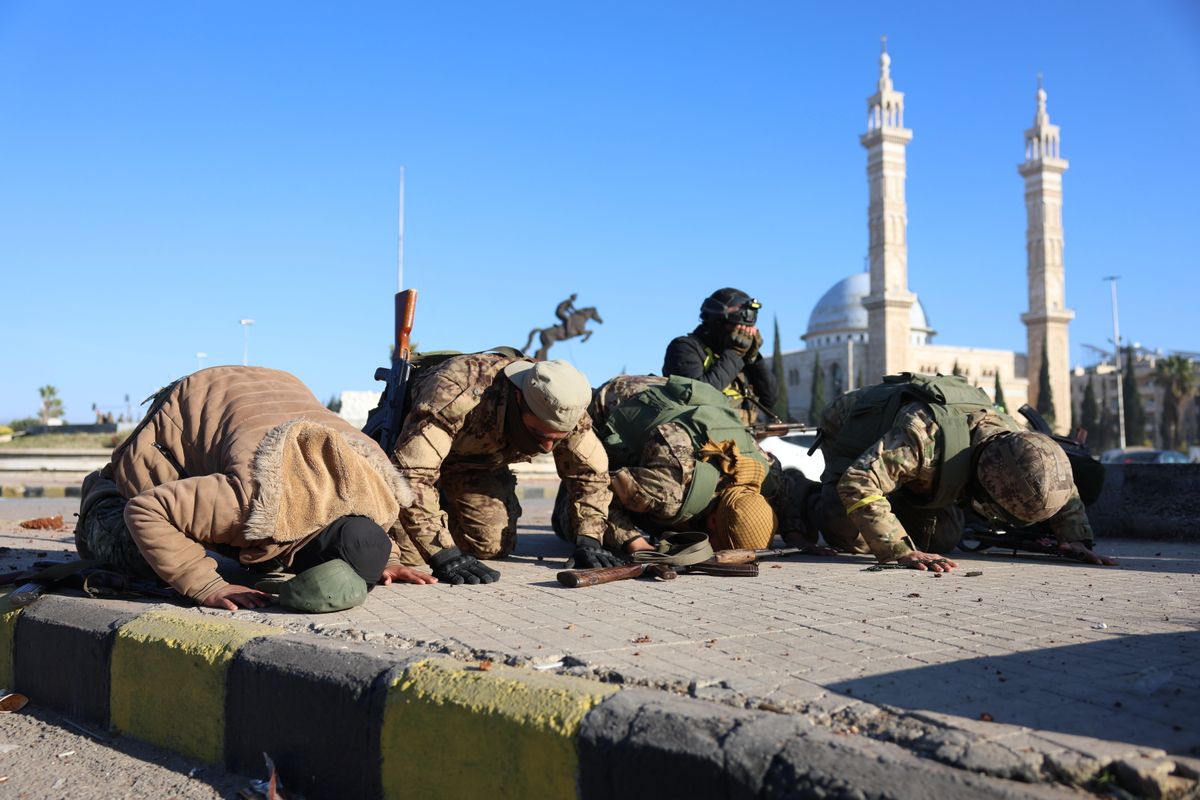
– How many Christians live in the occupied areas?
– Aleppo has traditionally been an important center of Christianity, not just in terms of population, but also identity and culture. Many Christian denominations live there alongside Muslims. Our estimates suggest that there are no more than 30-35 thousand Christians left in the city. Previously, there were several hundred thousand.
This is true for all of Syria, where the Christian community has now shrunk to just 30-40% of its former size: from 1.5 million, barely 400-500 thousand remain.
As for Hama, there are Christians there as well, but in much smaller numbers. However, there are several Christian villages around the city. They have already suffered a great deal, as they have been targeted by terrorists. I heard that one Christian settlement was hit by 250 rockets in a single day recently. They are still holding on, but the people are terrified, and many are already fleeing.

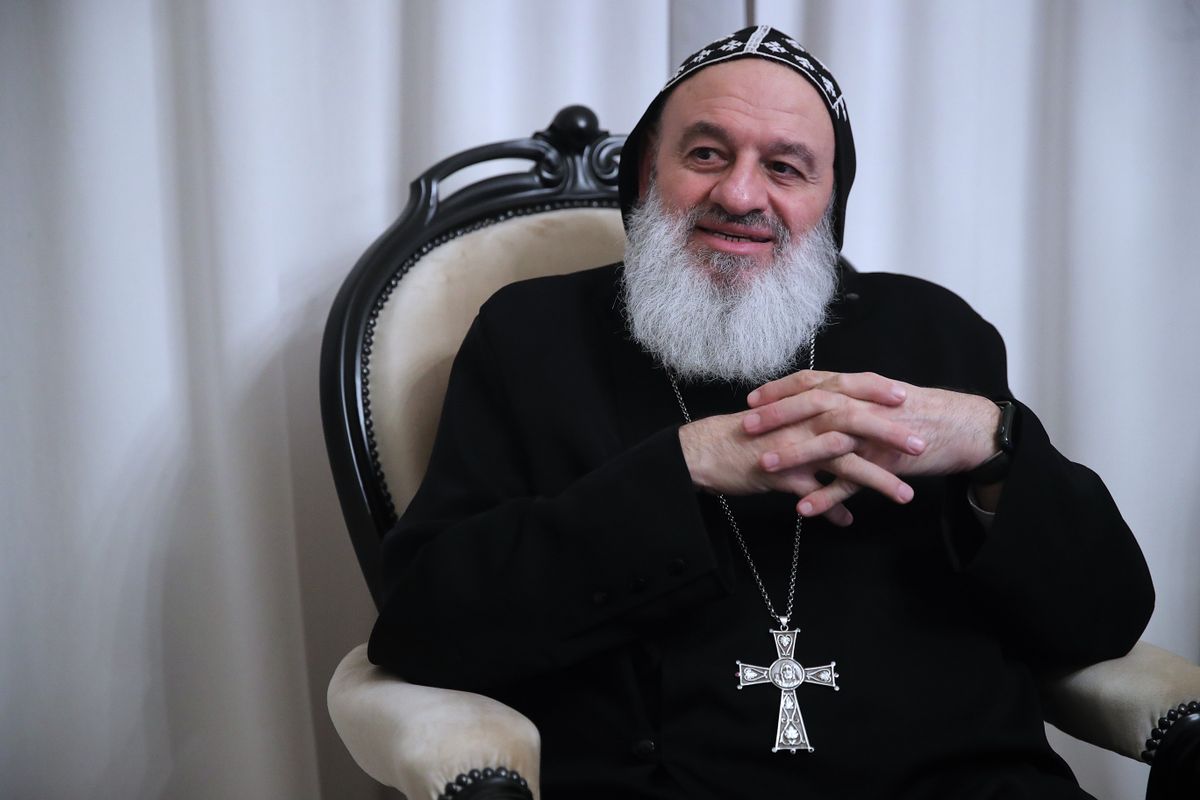
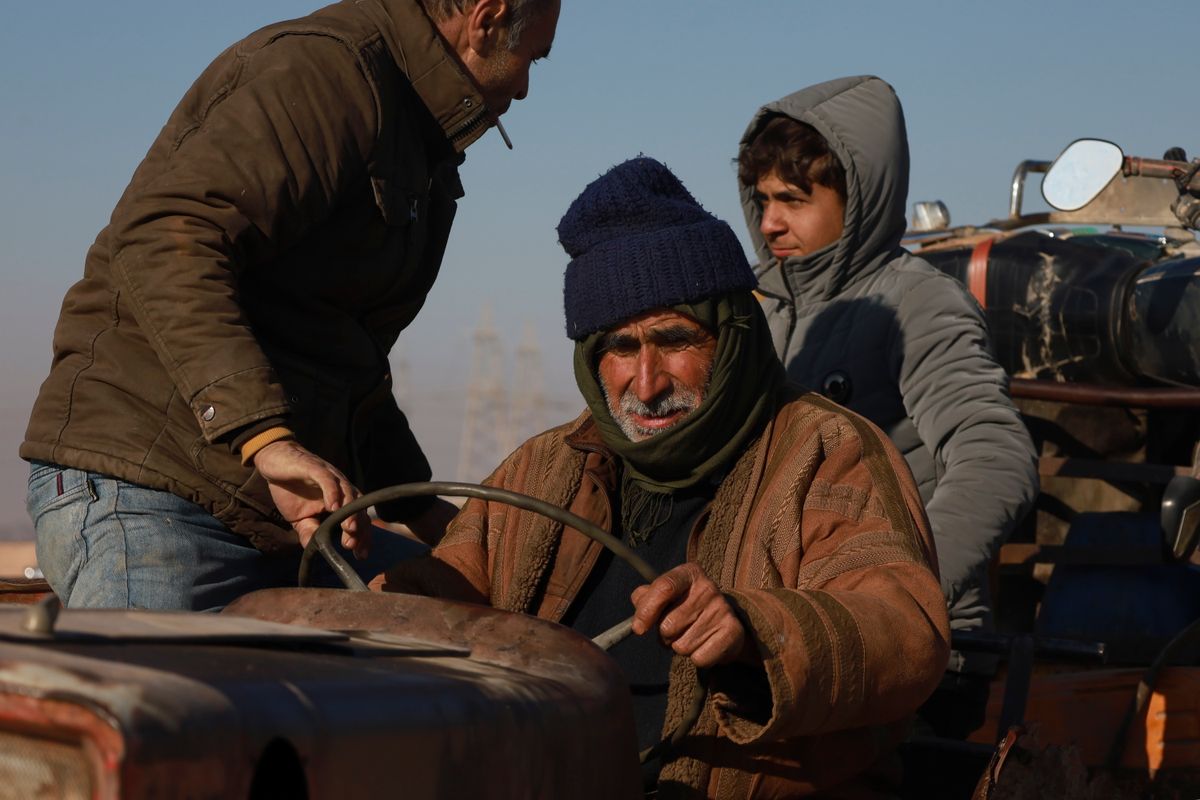

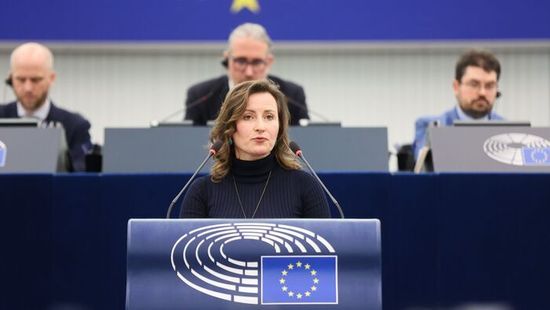
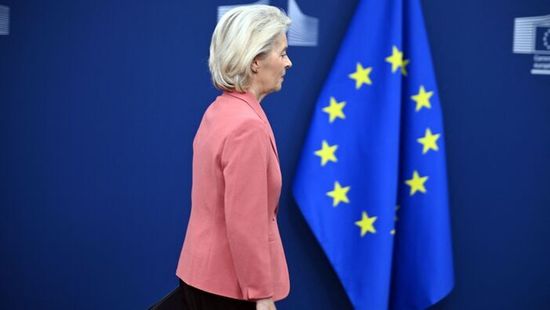
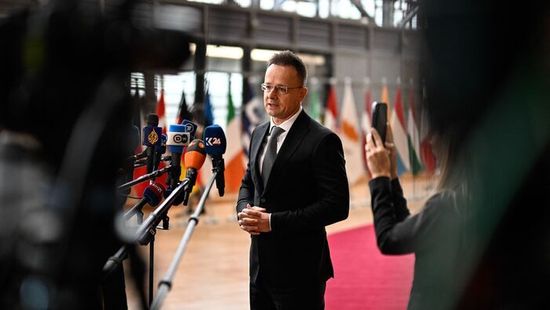


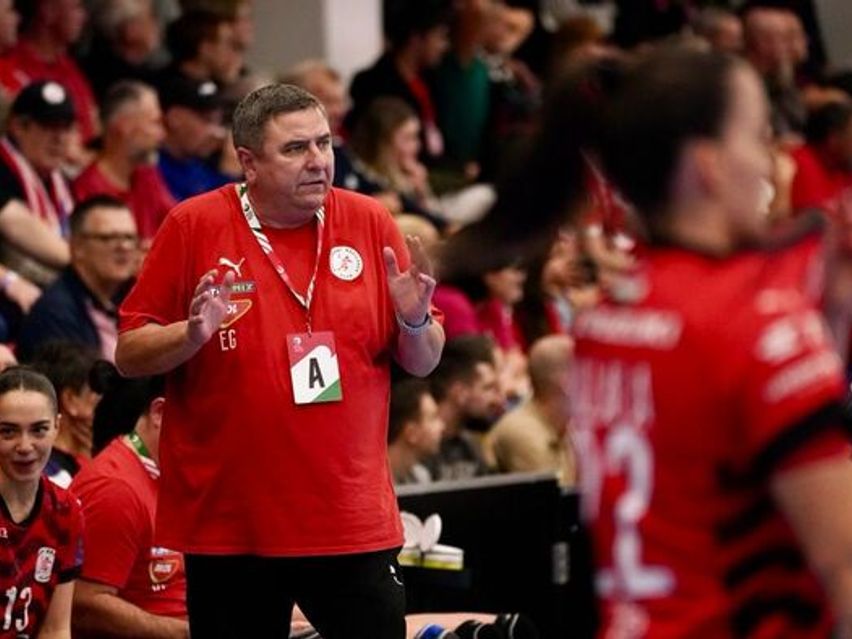

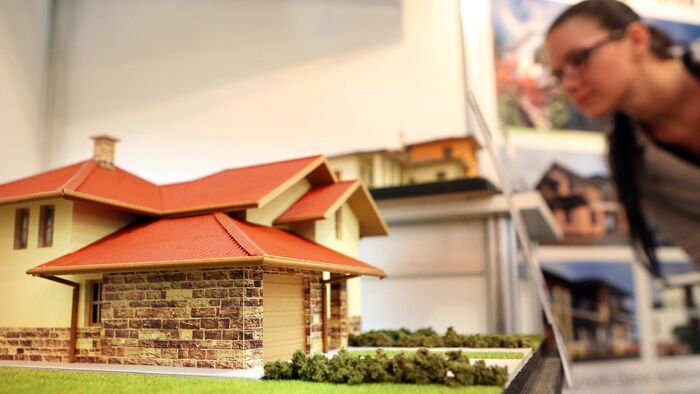

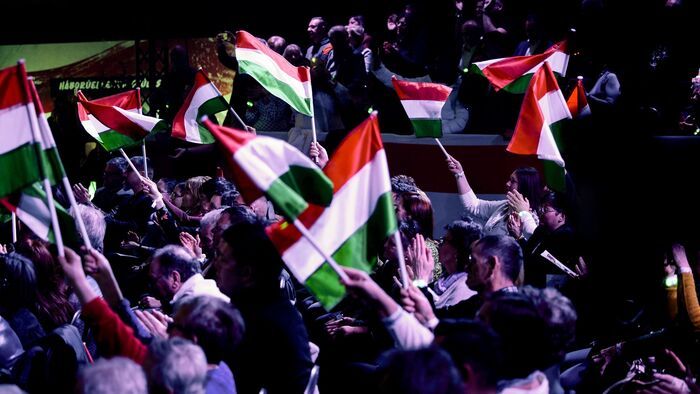
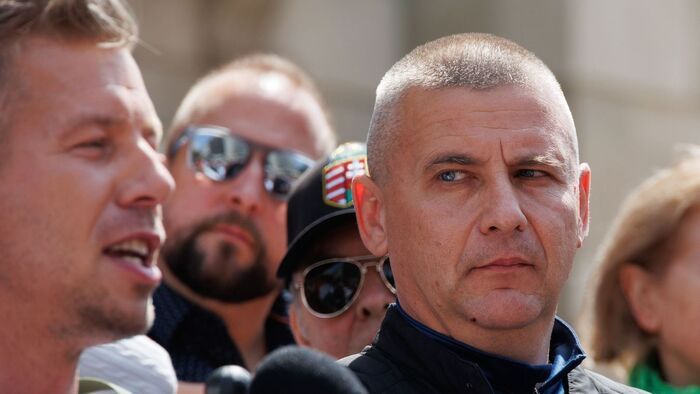
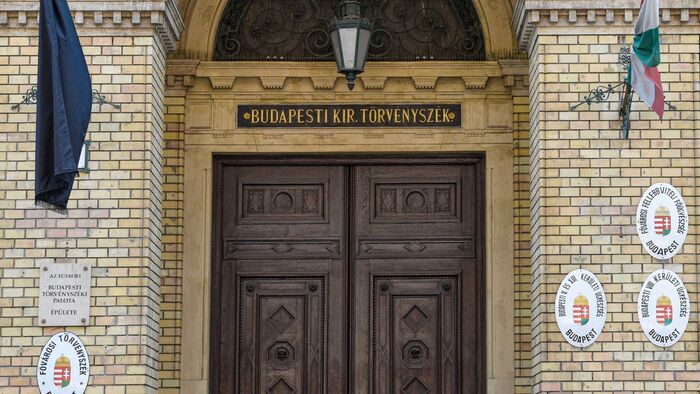

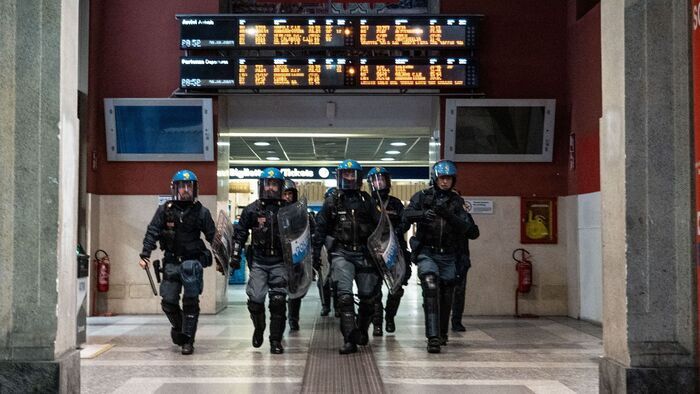
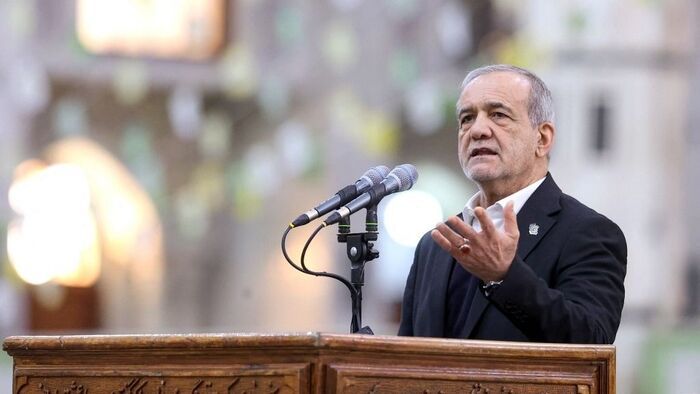
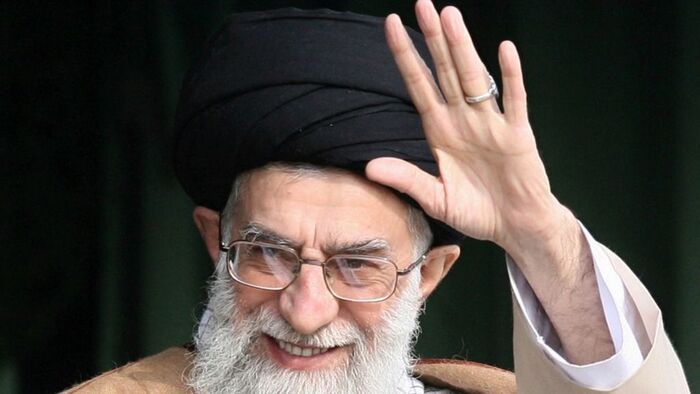

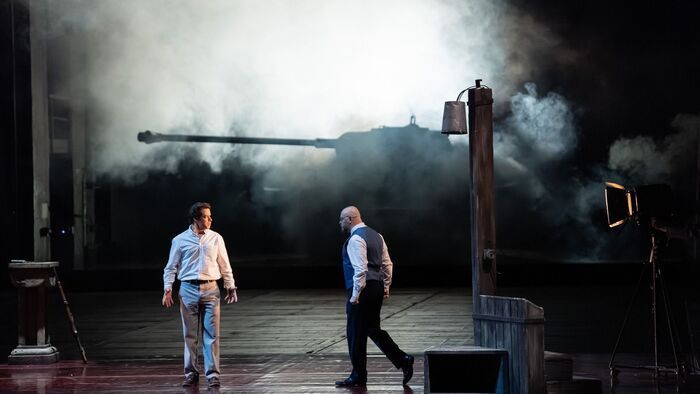

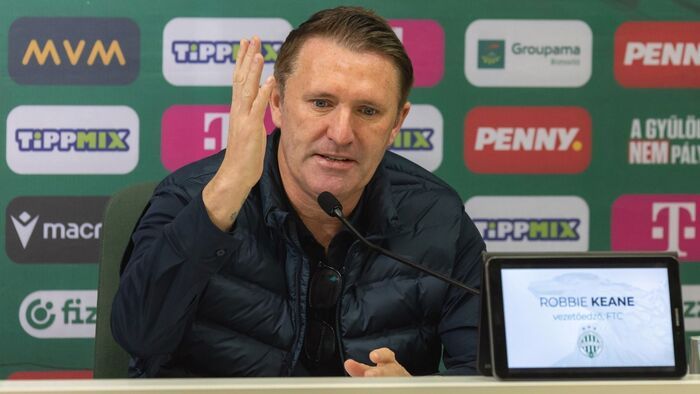

Szóljon hozzá!
Jelenleg csak a hozzászólások egy kis részét látja. Hozzászóláshoz és a további kommentek megtekintéséhez lépjen be, vagy regisztráljon!